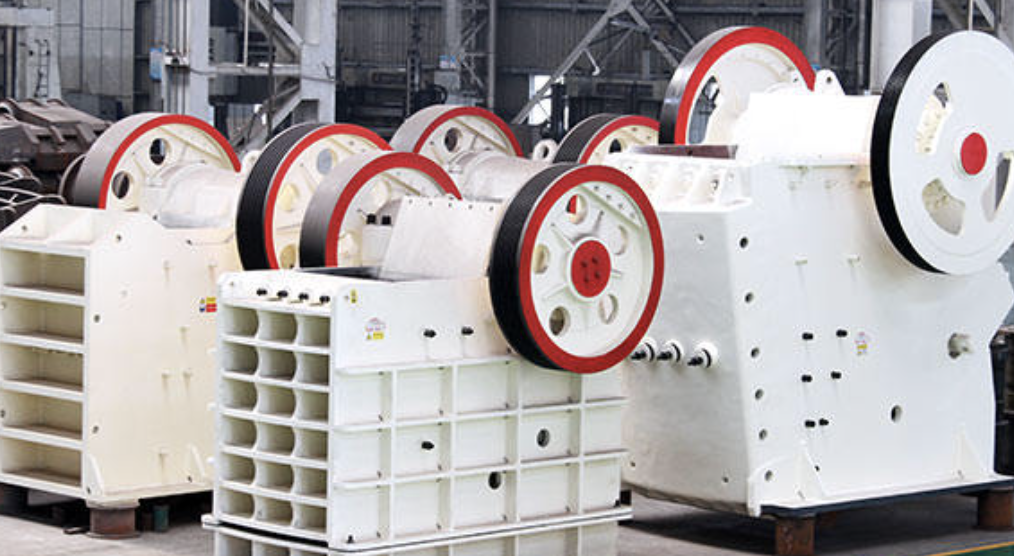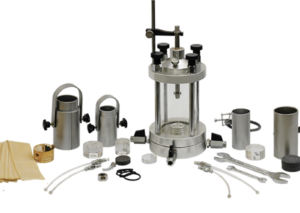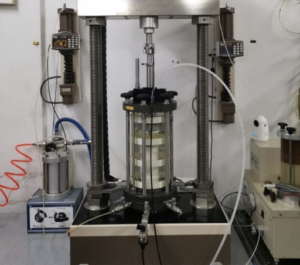What Is a Jaw Crusher Used For?
Jaw crushers are the workhorses of the crushing world—rugged machines designed to break down tough materials into manageable pieces. Whether you’re dealing with stone, ore, or concrete, jaw crushers are often the first step in turning raw material into usable product. But what exactly are they used for? Here’s a closer look at their most common applications.
Primary Crushing of Hard Materials
Jaw crushers are most commonly used for primary crushing—the first step in the size reduction process. They handle large, unprocessed materials with ease.
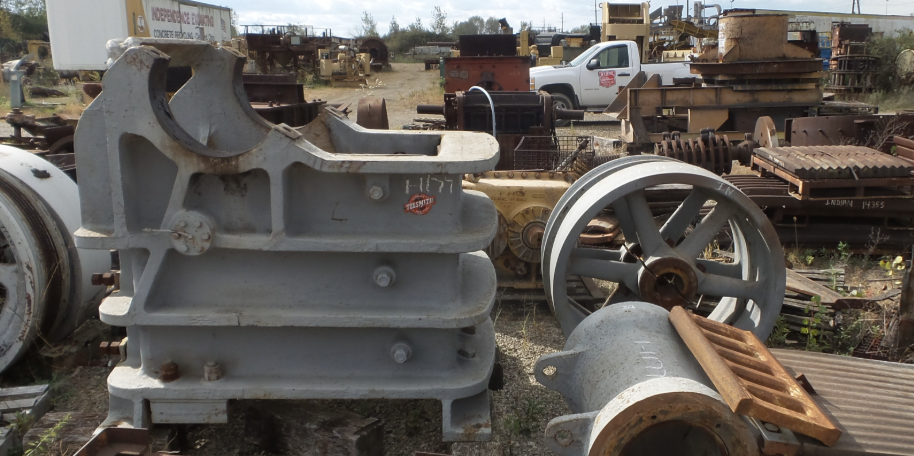
Why It Matters:
- Accepts large feed sizes1 (up to 1,000 mm or more)
- Designed to generate high compressive force2
- Produces coarse, uniform output ready for secondary crushing
| Material Type | Crushing Challenge | Jaw Crusher Advantage |
|---|---|---|
| Basalt, granite | Very hard, abrasive | High compressive strength |
| Limestone | Brittle but dense | Consistent feed and reduction |
| Iron ore | Heavy, compact | High crushing force capacity |
Whether in mining or aggregate production, jaw crushers are the go-to machines3 for tough, raw materials.
Preparing Aggregates for Construction
In road building and concrete production, aggregate size and shape matter. Jaw crushers help prepare high-quality aggregates for these purposes.
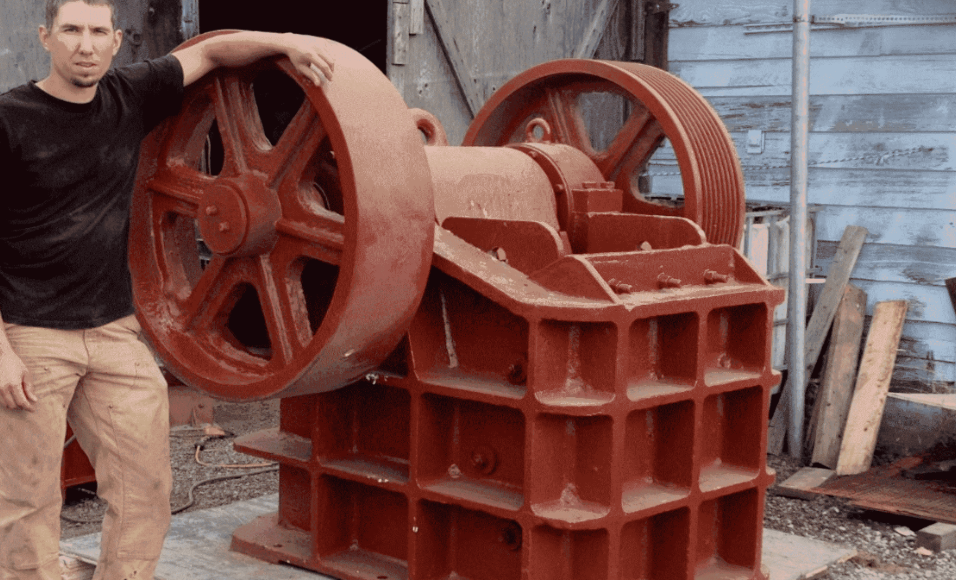
Why Jaw Crushers Are Used:
- Break down larger stones into construction-grade material4
- Produce well-graded output for concrete, asphalt, and road base
- Often paired with screens and secondary crushers for final shape
| Application | Material Size Required | Jaw Crusher Role |
|---|---|---|
| Road base | 20–60 mm | Coarse initial reduction |
| Concrete mixing | 10–20 mm | Consistent particle sizing |
| Asphalt aggregate | 5–10 mm | Prepares feed for fine crushing |
From highways to high-rises, jaw crushers make sure the foundation materials are strong and consistent5.
Mineral Processing and Ore Reduction
In mining, jaw crushers are essential for breaking down ores into manageable sizes for further processing, whether by grinding, flotation, or chemical separation.
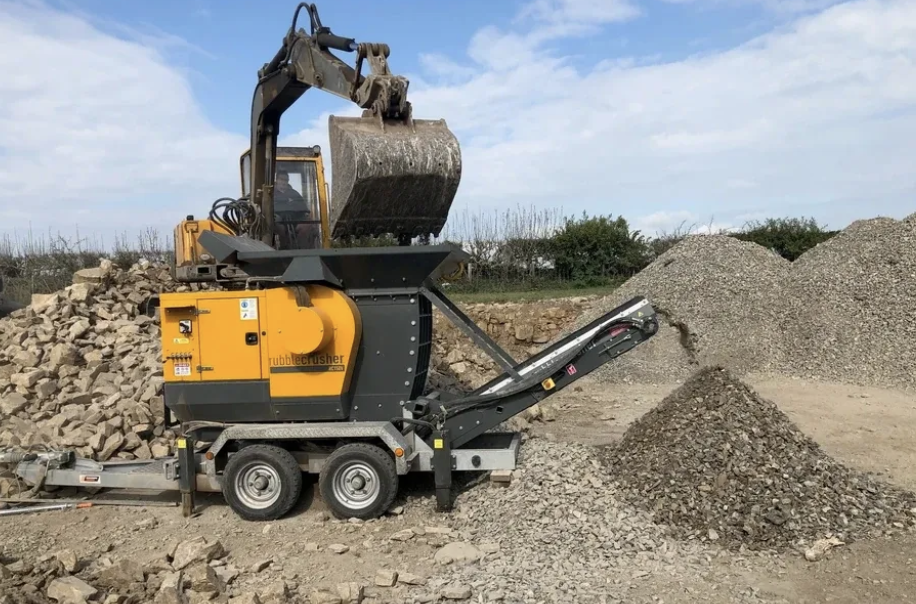
What Makes Them Ideal:
- Handles tough, dense ores6 like gold, copper, and nickel
- Supports high-volume crushing7 in mineral processing plants
- Feeds efficiently into mills or secondary crushers
| Ore Type | Typical Use | Jaw Crusher Purpose |
|---|---|---|
| Gold/copper ores | Underground or open-pit mining | Primary size reduction |
| Iron ore | Blast furnace feed | Improves milling efficiency |
| Lithium ore | Battery-grade material prep | Prepares ore for beneficiation |
In ore-rich regions, jaw crushers are vital to mineral recovery and processing efficiency8.
Recycling Demolition Waste
Jaw crushers are also central to the recycling industry, especially in construction and demolition (C&D) waste management.
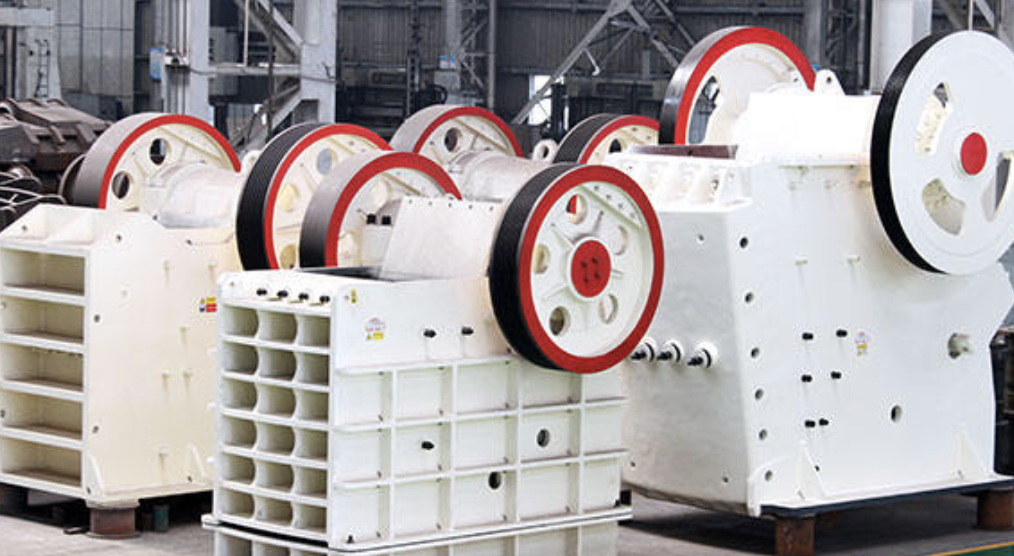
Key Benefits in Recycling:
- Crushes concrete, bricks, and asphalt into reusable base material
- Reduces landfill waste while supporting sustainable practices
- Can be mobile, enabling on-site processing
| Recycled Material | End Use | Jaw Crusher Function |
|---|---|---|
| Concrete rubble | Recycled road base, fill material | Turns bulk into usable gravel |
| Brick and masonry | Backfill or aggregate substitute | Size reduction and clean fill |
| Asphalt | Reclaimed asphalt pavement (RAP) | Prepares for remixing or reuse |
In modern construction, jaw crushers help close the loop between demolition and reuse.
Conclusion
From quarry blasts to demolition sites, jaw crushers are the first machines to meet the challenge of turning hard, bulky materials into valuable products. Whether you’re building roads, extracting minerals, or reducing waste, jaw crushers are an essential tool in getting the job done—efficiently, powerfully, and reliably.
-
Understanding the advantages of large feed sizes can enhance your knowledge of jaw crusher efficiency and performance. ↩
-
Exploring the role of compressive force can help you appreciate the effectiveness of jaw crushers in various applications. ↩
-
Discovering why jaw crushers are essential can provide insights into their reliability and versatility in the industry. ↩
-
Understanding construction-grade material is essential for quality building projects. Explore this link to learn more about its significance. ↩
-
Strong and consistent foundation materials are crucial for structural integrity. Discover why they matter in construction projects. ↩
-
Understanding tough, dense ores is crucial for optimizing mining operations and resource extraction. ↩
-
Explore high-volume crushing techniques to enhance efficiency in mineral processing plants. ↩
-
Learn about the importance of mineral recovery and processing efficiency for successful mining outcomes. ↩

